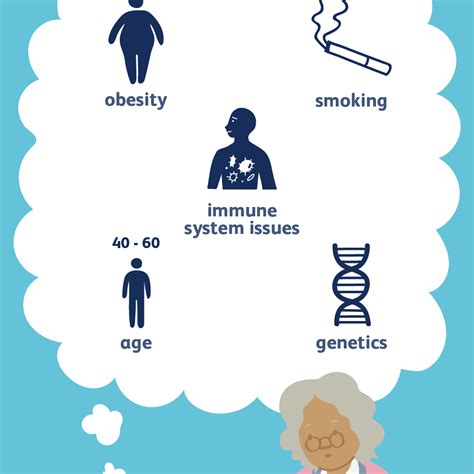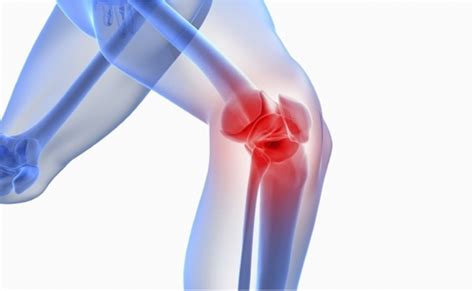Lumbar spinal stenosis is a medical condition characterized by the narrowing of the spinal canal in the lower back, specifically in the lumbar spine region. The spinal canal safeguards the spinal cord and nerve roots, and when it narrows, it can exert pressure on the nerve roots, leading to a range of symptoms.
Understanding Spinal Stenosis
Spinal stenosis can occur in different parts of the spine:
Neck (cervical)
Upper and mid-back (thoracic)
Lower back (lumbar)
The narrowing of the spinal canal may result from various reasons, including the natural aging process, wear and tear on the spine, or even congenital factors where some individuals are born with a smaller canal than others.

Symptoms of Spinal Stenosis
The predominant symptoms of spinal stenosis are due to the pressure exerted on the nerves. This pressure can cause:
Pain
Numbness
Weakness in the extremities
Specifically, cervical stenosis, which occurs in the neck, may affect the arms, legs, and sometimes even an individual’s balance.
Two Main Forms of Spinal Stenosis
Degenerative: This is the most common form and results from wear and tear on the spine over time. This wear and tear can lead to issues like bulging discs, arthritic joints, and thickened ligaments, which can intrude into the spinal canal. Such intrusions reduce the space available for the spinal cord and nerve roots, causing the symptoms of spinal stenosis.
Congenital: Some people are born with a naturally narrower spinal canal, making them more susceptible to the condition.
Key Points about Lumbar Spinal Stenosis
It occurs gradually over time.
Most individuals who develop symptoms are aged 50 or older.
The condition can have significant impacts on one’s quality of life due to the associated pain and discomfort.
For more detailed information on lumbar spinal stenosis, you can refer to these sources: HSS, Utah Healthcare, URMC, Wexner Medical, and WUSTL Neurosurgery.


